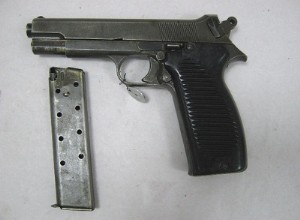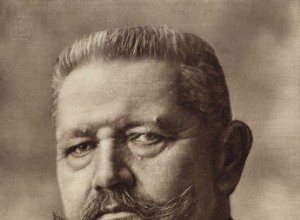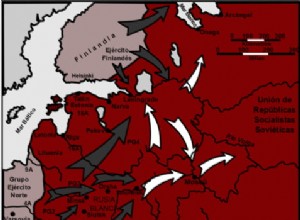The MAC 50 The MAC model 1950 is a semi-automatic pistol developed from 1946 as part of the program of October 30, 1946 relating to the replacement of the too many models of handguns in the French armies with a single model. Presentation Of the two prototypes presented to the Armament Technical Se




